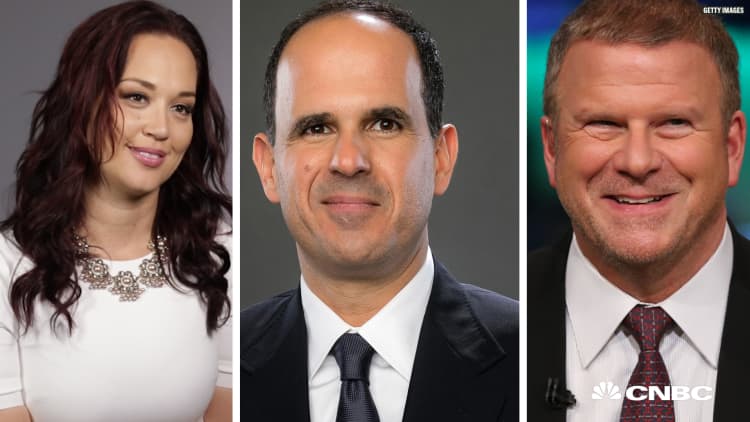To qualify as upper class in the U.S., the median family of four needs to earn an annual income of at least $144,251, and in some more expensive cities vastly more. To place in the top 1 percent of Americans, they would need to bring in at least $389,436.
But do either of these comparative distinctions make you "wealthy"? It depends on how you define wealth.
For Derek Sall, a personal finance blogger and financial analyst who paid off $116,000 in seven years, it's not about how much money you bring in each month, but how much you're able to save.
He says you only need to ask yourself one simple question to determine if you're "wealthy" or not: If you lost your job tomorrow, how long could you survive?
It's easy to judge wealth as a function of what you own, but Sall argues that material possessions say nothing about the real state of your finances. "Heck, you could drive a $40,000 BMW and live in a $500,000 home, but if you're $600,000 in debt, then you're actually worth less than a 7-year-old child," he writes.

To answer his own question, Sall developed a scale for quantifying wealth. Here's how well off you are depending on how long you could last without a source of income:
- Less than a month: Broke
- One-to-three months: Teetering
- Three-to-six months: Satisfactory
- Six months to two years: Well-off
- Two-to-five years: Wealthy
- Five or more years: Ultra-wealthy
This definition of wealth is one of the key takeaways from Robert Kiyosaki's personal finance classic "Rich Dad Poor Dad" as well.
The author grew up with two father figures: "poor dad," his real father who died with bills to pay, and "rich dad," who started with little before becoming a wealthy man. Both fathers were successful in their careers and earned substantial incomes, but one always struggled financially.

In observing them, Kiyosaki realized that earning a lot doesn't necessarily make you rich. "It's not how much money you make. It's how much money you keep," he writes. The rich not only save their money, they put it to work.
To boost your own wealth, start by building an emergency fund. Experts typically recommend having three to six months' worth of living expenses stashed away, but some are more conservative. Billionaire Mark Cuban says to put away at least six months' worth, while former CNBC host Suze Orman proposes saving up between eight and 12 months' worth.
Next, begin to develop assets that produce income.
"When you own shares of stock, rental properties, or maybe even a flourishing side-business, even though you lost your day job, your other sources of income don't stop," Sall writes. "And with that income, you could just keep on living like nothing ever happened."
"Now THAT's what I call wealthy," he says.
Don't miss:
- A man who paid off $116,000 to become debt-free by 30 shares his strategy
- A couple who paid off $127,000 in 4 years say their first step didn't involve spending a cent
- Here's how much money you should have in your emergency fund, according to financial expert Suze Orman
Like this story? Like CNBC Make It on Facebook!
Video by Mary Stevens




